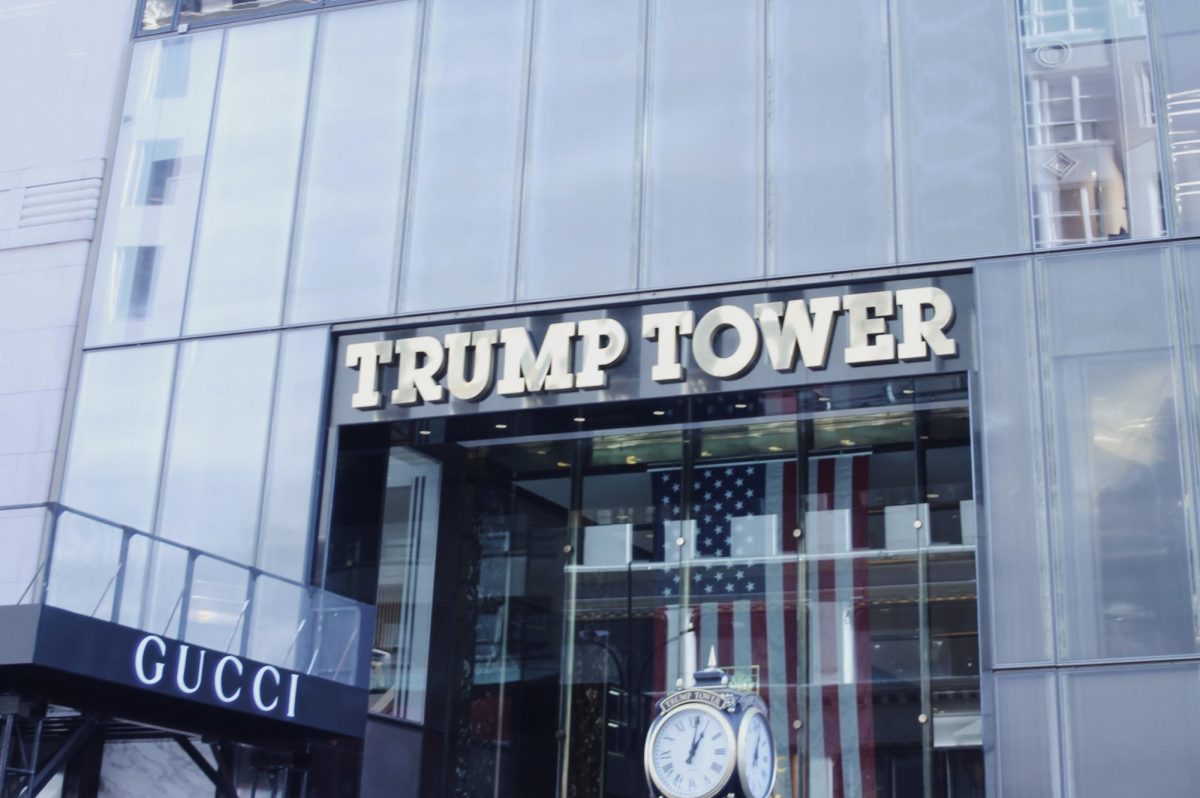In the 2024 election, nine in 10 registered voters said that the economy was one of the top issues—and as the election results show, voters trust Donald Trump to handle things. But why? Throughout his career, Trump has poured money into countless failed ventures, which should raise questions about his ability to meaningfully contribute to the economy as well.
For example, Trump Shuttle Airlines failed after two years, with a plane crash in the first two months. Trump Mortgage lasted a year and closed in 2007 due to the fact that Trump’s hired executive, E.J. Ridings, significantly inflated his resume. Trump Steaks failed, Trump Magazine failed, GoTrump.com failed, Trump The Game failed, Trump Vodka failed.
Trump University failed with a $40 million lawsuit from the New York Attorney General. Trump Taj Mahal, Trump Plaza Hotel, Trump Casinos Resorts and Trump Entertainment Resorts all filed for bankruptcy.
Trump’s business decisions have been so wary, Forbes reports that if he had just invested his inheritance into the S&P 500, an index fund, he would be $400 million richer today.
So why is the American electorate so convinced of his fiscal responsibility? Well, Trump has capitalized on his biggest sell of all: being a reality TV star.
“The Apprentice” was on NBC from Jan. 8, 2004 to Sept. 16, 2015. On the show, contestants competed to work for Trump’s real estate company and the losing team would be killed off by Trump, who sat in a red leather chair and scolded, “You’re fired!”
The show was created by Mark Burnett, a British television producer best known for his production of reality TV series like “Eco-Challenge” and “Survivor”. The New York Times reports that Burnett’s team considered going with other moguls like Jack Welch or Warren Buffett, but Trump, whose affairs and business scandals circulated the New York City tabloids, made a more eye-catching candidate. So, they took the time to “rehabilitate his public image.”
“Our job was to make him look legitimate,” Jonathon Braun, a producer who worked on “The Apprentice,” said. “To make him look like there was something behind it, even though we pretty much all knew that there wasn’t—but that was our job.”
In the opening credits, Trump is pictured alongside a shiny Mercedes, private jets, a golden letter “T” and thousand-dollar bills. The first season attracted 28 million viewers per episode, making it one of the highest-rated shows of 2004. “Trump” became a household name associated with wealth and good business decisions. After starring on “The Apprentice”, a Gallup poll showed that Trump’s favorability increased by 17%.
The show opened new licensing deals for Trump, allowing him to prioritize building his brand over his literal building projects. The New York Times reports that in 2004, although Trump filed for $89.9 million in net losses, his licensing deals, such as the use of the “Trump” name, climbed to $1.3 million in 2005 and skyrocketed to $29.7 million in 2010. The “Trump” name was plastered on everything from mattresses to bottled water.
Trump’s true talent wasn’t in running successful businesses but in building a brand that made it look like he could. And today, his audience remained convinced.
The latest polling data on Trump’s reputation reveals that 54% of those polled believe he has been successful in business. Among Republicans polled, 85% share this view. For many, his persona symbolizes economic success, regardless of his actual track record.
At the same time, although COVID-era inflation went down, Americans blame the Biden-Harris administration for the sticker price shock during their term. Instead, they recall Trump’s presidency, as chaotic a time as it might’ve been, when milk and eggs didn’t cost so much.
Furthermore, the Harris-Walz campaign had just three months to introduce themselves and gain public trust, competing against the notability of Trump. With the economy as the most important issue in this election, it was no wonder that the widely- known reality TV star famed for entrepreneurship would win America’s hearts and pockets.
But in the end, Trump’s victory reflects more than just economic concerns—it highlights the powerful role of perception and deception in American politics.







George • May 10, 2025 at 1:48 pm
I couldn’t agree more. After months of tariff hell, it is abundantly clear that, especially when it comes to running an entire country, he is an economic dufus. And his lack of fiscal smarts is second only to his COMPLETE lack of international political sense. He is viewed across the world as a chaotic moron. A laughing stock.
If the U.S. was circling a leaky drain stopper before Trump, it is now swirling rapidly around a wide open drain.